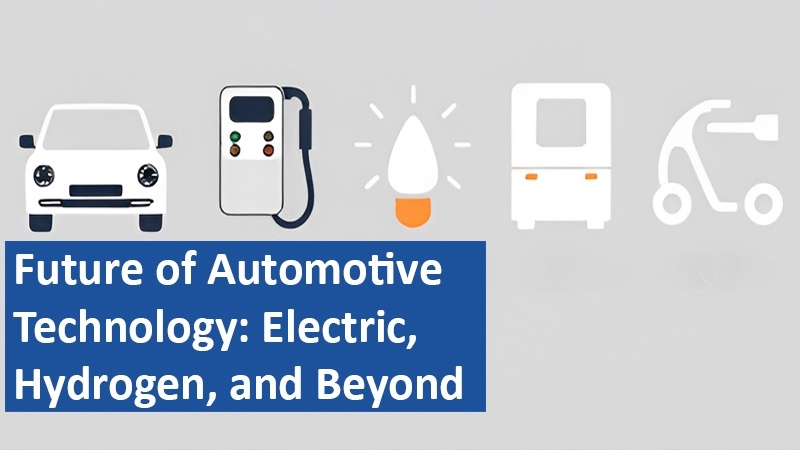As electric cars continue to gain momentum, hydrogen-powered vehicles are emerging as a promising alternative. But how do these technologies compare, and which one could dominate the future?
By Sadie Watkins
Electric Cars: Leading the Charge

Electric vehicles (EVs) are taking the automotive world by storm. With their quiet operation and zero local emissions, it’s no wonder they’re becoming more popular. The secret behind their performance lies in a simple electric motor that drives the wheels, powered by a rechargeable battery. Range anxiety, once a common concern, is fading as modern EVs easily cover 200 miles or more on a single charge. While the upfront cost remains higher than traditional vehicles, the long-term savings on fuel and maintenance make EVs an attractive option for many.
Hybrid Cars: The Best of Both Worlds?
Hybrid vehicles combine the efficiency of electric motors with the power of internal combustion engines. These versatile cars switch between electric and gasoline power, providing the best of both worlds. In city driving, the electric motor handles the load, while the gas engine takes over on the highway. This reduces fuel consumption and emissions. There are various types of hybrids, from mild hybrids, which offer minimal electric assistance, to plug-in hybrids, which have larger batteries and can run solely on electricity for short distances.
Hydrogen-Powered Cars: The Future in Waiting
Hydrogen fuel cell vehicles (FCVs) are another innovative alternative. They generate electricity by converting hydrogen into power, with water as the only emission. While hydrogen cars offer the potential for clean energy, the technology still faces significant hurdles. Producing and storing hydrogen is challenging, and hydrogen refueling stations are scarce. However, if infrastructure improves, hydrogen vehicles could provide a viable solution, particularly for long-distance and heavy-duty applications.
Compressed Natural Gas (CNG) Cars: An Overlooked Option
Compressed natural gas (CNG) vehicles have been around for years but remain less common. They run on natural gas or biogas, which is cheaper and cleaner than gasoline or diesel. The downside? CNG offers less energy per volume, requiring larger fuel tanks that take up more space. Additionally, the limited number of refueling stations makes CNG cars less convenient for many drivers. Despite these challenges, CNG cars remain a cost-effective and environmentally friendly choice for specific users.
In conclusion, each alternative fuel technology offers unique benefits and challenges. Electric vehicles are leading the charge, but hydrogen and hybrid technologies could play key roles in the future of transportation.
Based on content from www.automobile.nau.ch and additional research.